15 Months of Silence: Should Resistance Be the Question or the Answer?
Today marks 15 months of relentless genocide and ethnic cleansing in Gaza. Martyrs lie buried beneath rubble, the wounded succumb to injuries without treatment, and prisoners are tortured to death in the Occupation’s cells. Entire neighborhoods have been obliterated, families forced into tents that offer no protection from the cold and rain, and children starved as the Occupation denies them basic necessities. The cries of mothers clutching lifeless children and of those suffocating beneath collapsed buildings reverberate through a land turned into a graveyard.
The atrocities in Gaza constitute three simultaneous war crimes. The first, genocide has claimed the lives of over 50,000 Palestinians, most of whom are civilians, including 17,000 children. Next, collective punishment has reached horrifying levels, with Gaza’s population deliberately starved. The third, ethnic cleansing, continues unabated as entire cities such as Beit Hanoun, Jabalia, and Beit Lahiya are systematically erased, displacing their people in an unrelenting drive to seize more land.
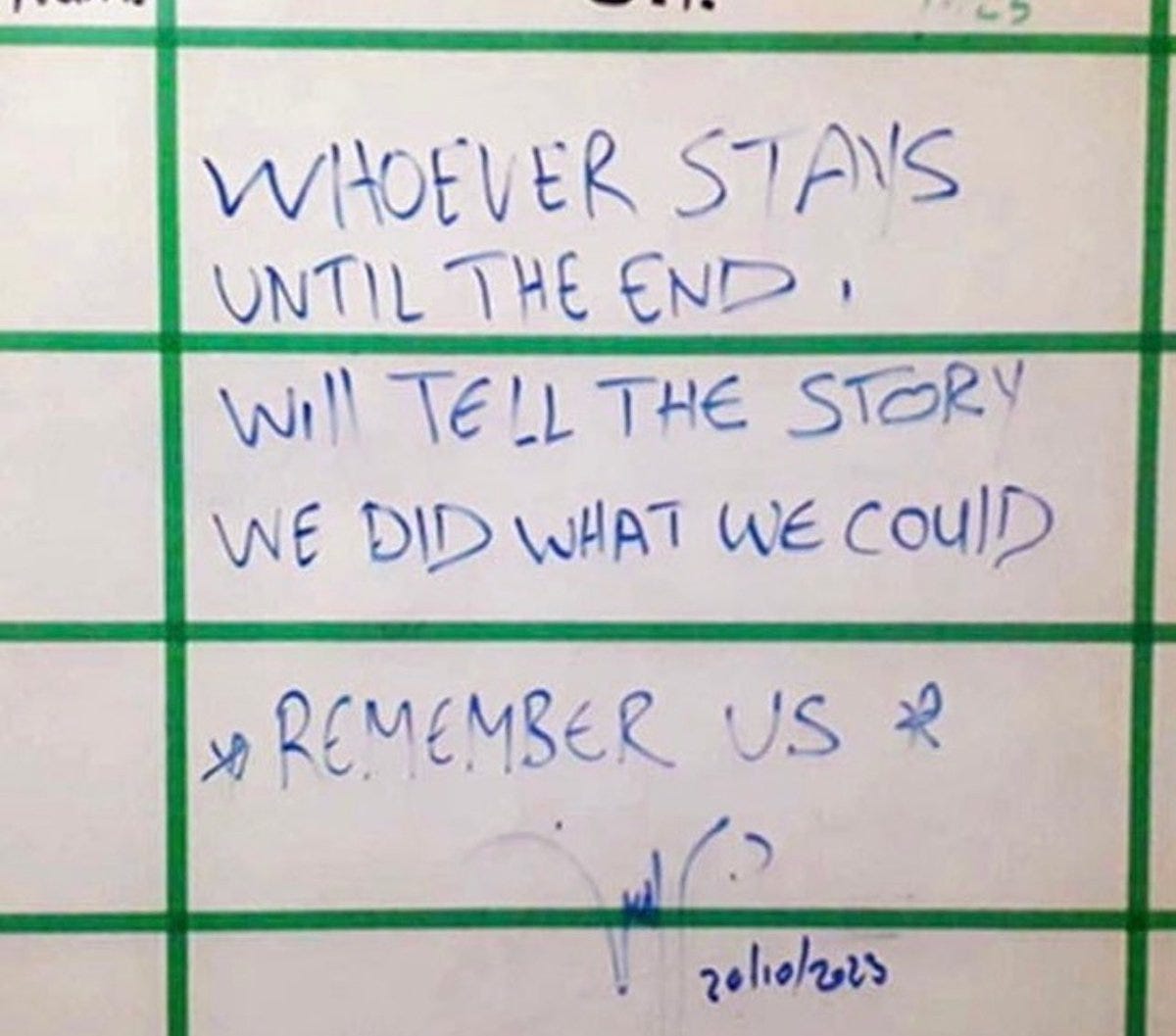
In light of these ongoing crimes, many have questioned whether Hamas, as a resistance movement, had the justification to proceed with its operation, Al-Aqsa Flood, knowing the scale of the anticipated response. Given Israel’s military superiority and depraved morals, didn’t they know that their actions on October 7 would unleash a world of suffering on the civilian population of Gaza?
This line of questioning shifts accountability from Israel onto the resistance. By implying that Hamas, not Israel, bears responsibility for the genocide in Gaza, critics exonerate Israel for its ongoing war crimes and erase over a century of premeditated violence embedded in its expansionist ideology. Does this framing not only absolve the oppressor but also vilify the oppressed for their fight to survive? One could also ask: Should the scale of the anticipated response determine an action’s validity?
Israel’s violence does not depend on Palestinian resistance; it is systematic, deliberate, and deeply entrenched. Whether Palestinians resist or not, they face relentless dispossession, displacement, imprisonment, and assassination. History shows that every time Palestinians have agreed to disarmament under internationally guaranteed agreements, massacres have followed—such as the infamous massacres at Deir Yassin and Sabra and Shatila, both occurring after agreements failed to protect Palestinians. These events demonstrate that resistance did not provoke these atrocities; submission ensured them.
The question to ask, then, is not whether resistance invites such violence but whether submission would stop it. Should a woman in an abusive relationship remain silent simply because her abuser might retaliate? Would her silence guarantee her safety, or would it only embolden her abuser to continue the cycle of violence? History has proven time and time again that surrender to colonial supremacy ensures humiliation, subjugation, and the permanent theft of land, freedom, and dignity. It institutionalizes violence rather than ending it. While defiance may bring devastation, defeatism ensures a slow and certain annihilation.
There are no easy solutions for a colonized people, only painful compromises. How do you morally justify demanding that Palestinians accept domination rather than fight for freedom? If no one has the right to impose resistance on others, how can anyone impose surrender? Palestinians do not get to choose between peace and war; they are forced to choose accepting colonization or resisting it.
The Palestinian resistance made its choice long ago. Since the earliest anti-colonial struggles, including the leadership of Izzaddin Al-Qassam, Palestinians have chosen to die standing rather than live kneeling. This decision reflects not recklessness but a commitment to dignity, born from the understanding that survival under subjugation is not true survival at all.
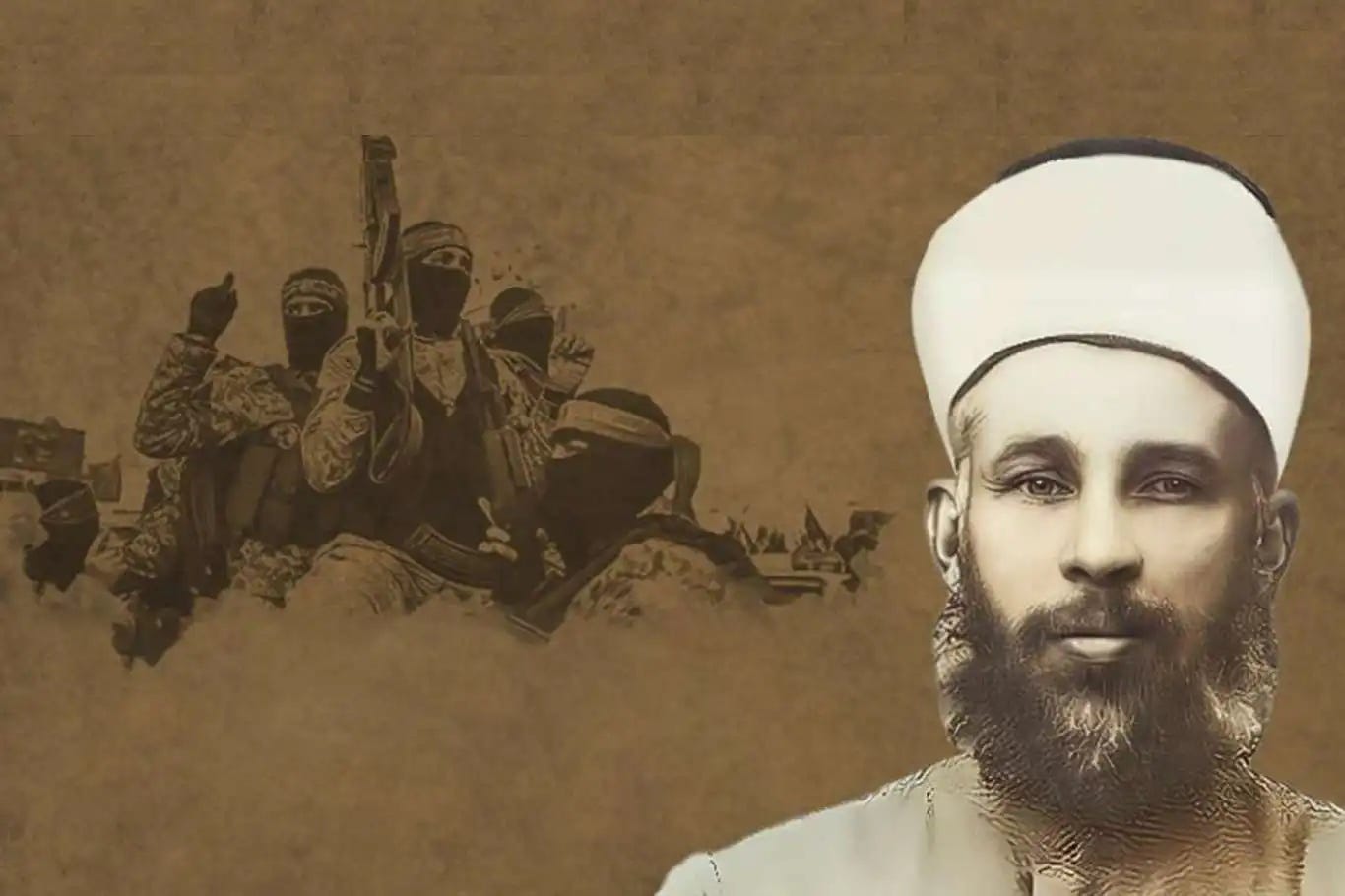
The central question is not whether Palestinians should resist, but why they are forced into such impossible choices in the first place. Accountability lies squarely with the Zionist project, whose calculated violence makes resistance the only viable path to survival and self-determination. The struggle is not a choice—it is a necessity.
October 7 demonstrated the power of necessity in action, accomplishing far more than it is given credit for. Indeed, it revealed what decades of submission could never achieve: that the Occupation is neither unbeatable nor immune to the consequences of its actions. This moment marked a pivotal shift in modern Arab history, dismantling the myth of Israel’s invincibility and exposing vulnerabilities—internally, militarily, and internationally. It redefined the world’s perception of Israel, transforming its image from that of a victim to a perpetrator and laying bare the unsustainable nature of its settler-colonial project.
For decades, Israel cultivated a narrative of dominance to establish deterrence, relying on military dominance and advanced security infrastructure. The events of October 7 dismantled this carefully constructed image, exposing glaring deficiencies in their defenses and proving that even the most fortified states are vulnerable to determined and strategic resistance.
The resistance achieved this by employing asymmetrical warfare, which undermines the very foundation of Israel’s militarized security doctrine. Security is the central pillar of this militarized entity, yet its reliance on force underscores the fragility of such a system when faced with adaptable and determined resistance.
One of the most significant outcomes for Israel has been the erosion of its Holocaust victimhood narrative, which for decades served as a cornerstone of its political legitimacy. The scale of destruction in Gaza, the deliberate targeting of civilians, and the systemic erasure of Palestinian towns have laid bare the hypocrisy of invoking historical suffering while perpetuating mass extermination.
Global awareness of these atrocities has stripped Israel of its ability to wield historical trauma as a shield against accountability. Meanwhile, mounting global condemnation of Israel’s human rights violations further isolates it. International scrutiny through bodies like the International Criminal Court reflects the erosion of its impunity. The atrocities committed in Gaza—genocide, collective punishment, and ethnic cleansing—have drawn comparisons to apartheid regimes and even Nazi-era policies, fundamentally weakening Israel’s moral standing on the world stage.
This transformation in global perception is particularly evident among younger generations, grassroots movements, and university campuses, where opposition to Israel’s actions is growing. These shifts threaten Israel’s narrative dominance and signal a profound and long-term challenge to its political and moral legitimacy.
Israel’s survival depends heavily on external backing, particularly from the United States and Europe—a reliance that underscores its fundamental weakness. Without self-sufficiency, prolonged conflicts strain its economy and diminish its ability to respond effectively to crises, further exposing its fragility.
Another achievement of October 7 was deepening existing divisions within Israeli society. Long-standing tensions between secular and religious factions, ultra-Orthodox and settler communities, and competing visions for Israel’s future have intensified. Coupled with economic strain, these fractures reveal the structural instability of Israel’s settler-colonial project. Together, these internal and external pressures highlight the precariousness of a system that cannot sustain itself without constant external reinforcement.
This fragility was exposed by Al-Aqsa Flood, which transcends the boundaries of a military operation—it marks a decisive shift from despair to defiance. Its significance lies not only in the immediate damage inflicted but in its symbolic power: a demonstration that resistance is not futile and that liberation remains possible, even against overwhelming odds. The operation inspired hope where there was once only despair.
This shift has forced the world to confront uncomfortable truths about the Occupation and its systemic violence. Gaza’s devastation is neither incidental nor unintended; it is a strategy aimed at erasing a people’s identity, resilience, and future. Gaza’s suffering is not collateral damage; it is a deliberate and systemic campaign by the Occupation to extinguish Palestinian existence. This is not merely a failure of international law; it is the complicity of a global order that tolerates systematic massacres and mass displacement.
Meanwhile, the Israeli army has failed to destroy the tunnel network, recover captives, dismantle Hamas, or achieve its unspoken goal of ethnic cleansing through “voluntary emigration.” These failures expose its inability to crush the will of Gaza’s people, even under the weight of its barbarity.
Instead of asking whether the resistance was justified in its actions given the magnitude of the expected response, a more important question to ask would be about the role of the international community. Faced with the genocidal actions of Israel, it must act decisively to enforce the protections it claims to uphold, ensuring the flow of aid and the safety of civilians—or it must acknowledge its role in perpetuating these atrocities. Silence is no longer neutrality; it is complicity in genocide.
Palestinians cannot and will not wait for salvation from a world that has repeatedly abandoned them. Resistance is not an act of defiance for its own sake—it is survival. It is a rejection of the expectation that annihilation be the price of existence.
The question, therefore, is not whether the resistance is justified—it is whether the world will continue to turn its back while the erasure of a people unfolds before its eyes.

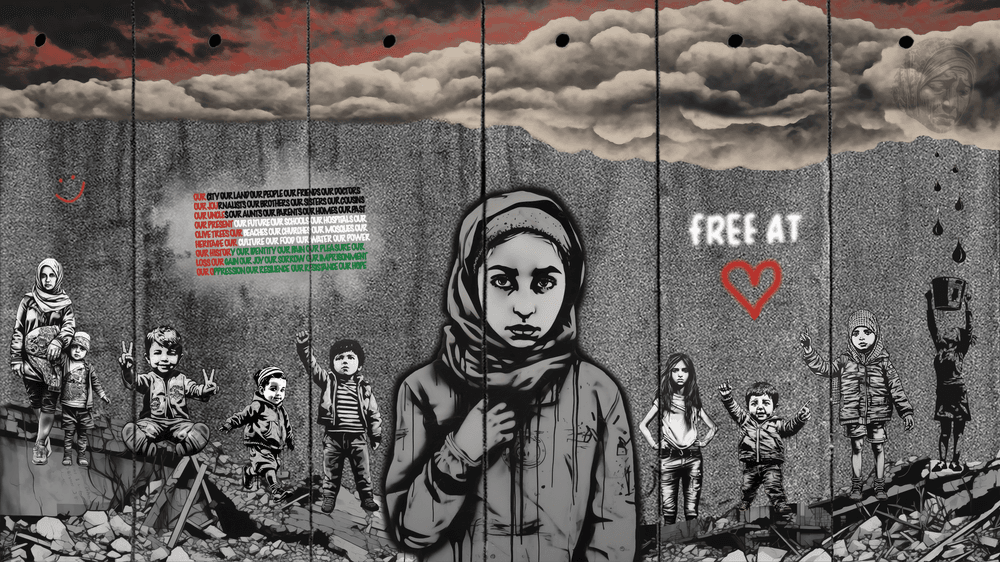
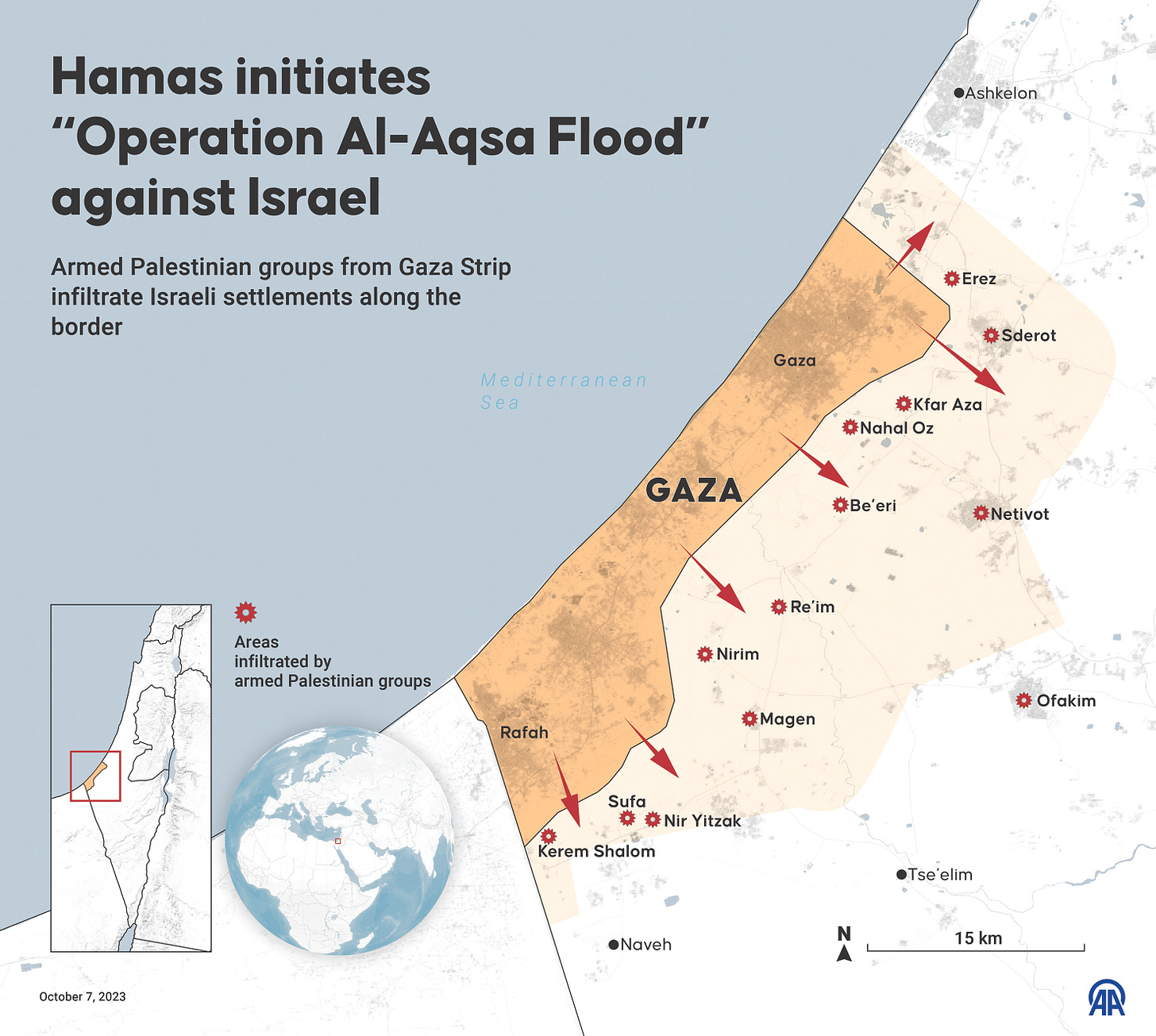
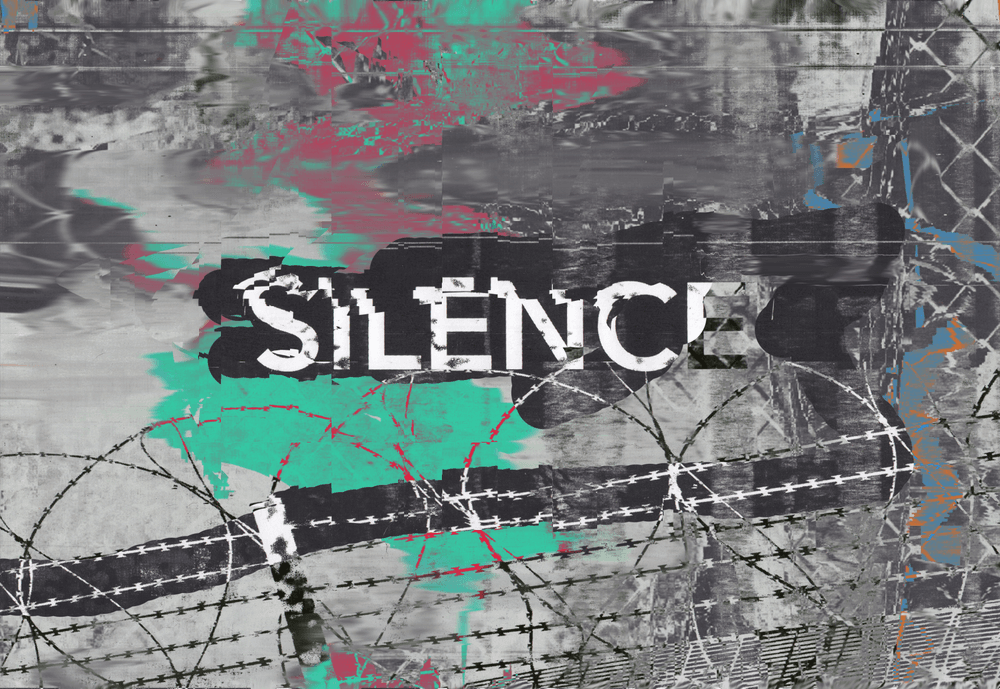
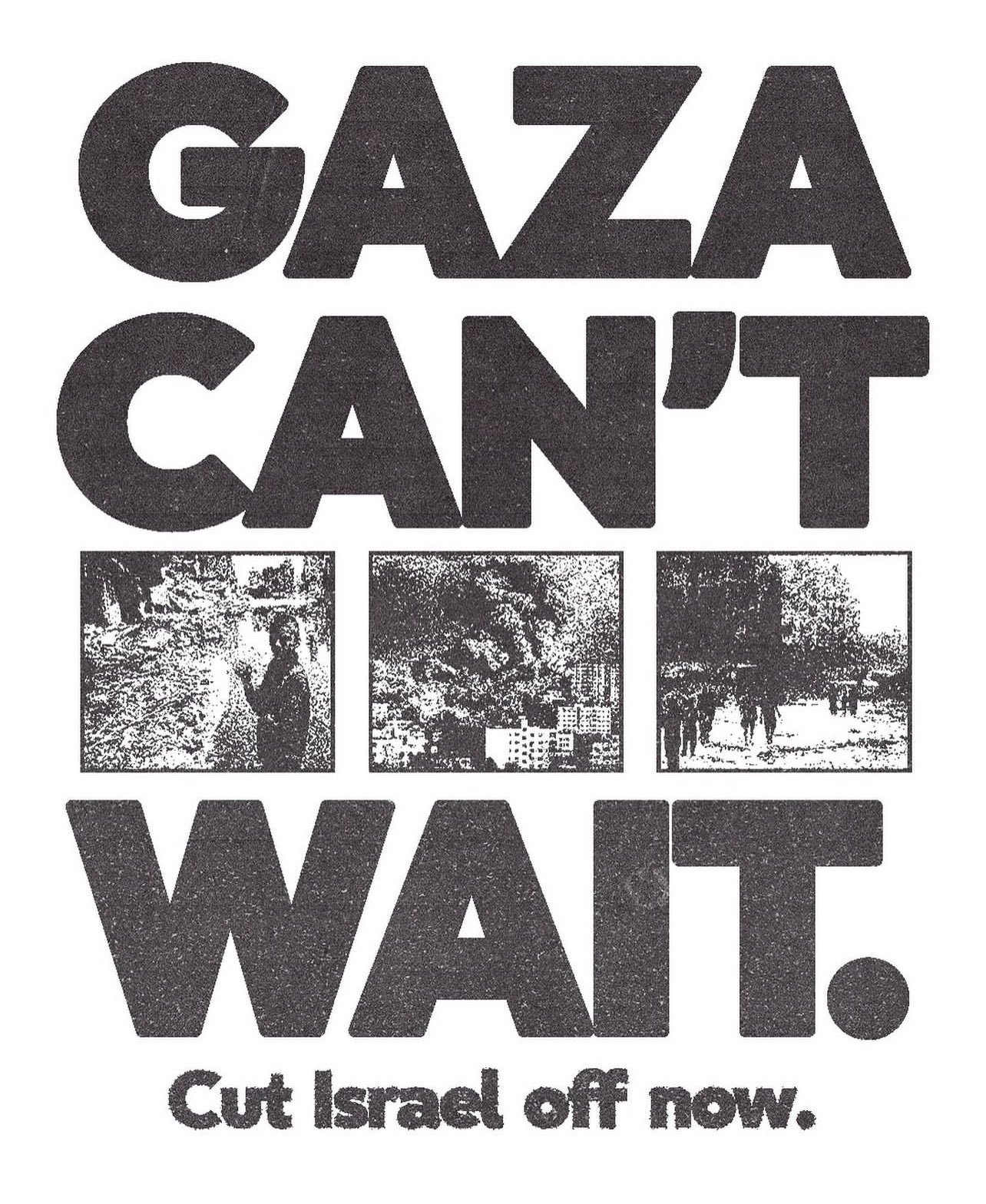
The world is waking up.
The truth is being seen.
The sun will not stay behind the clouds and Gaza is not alone.